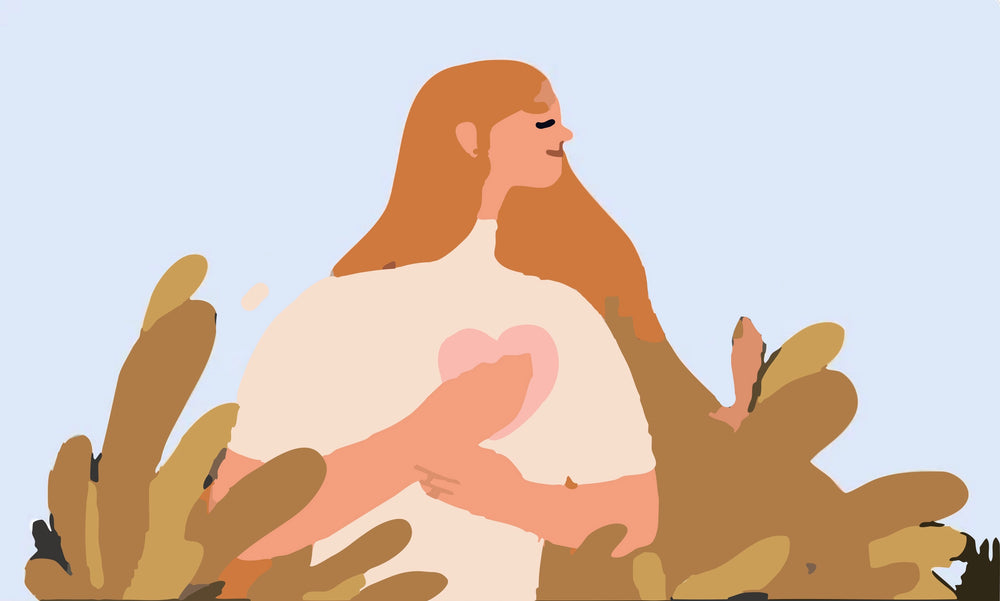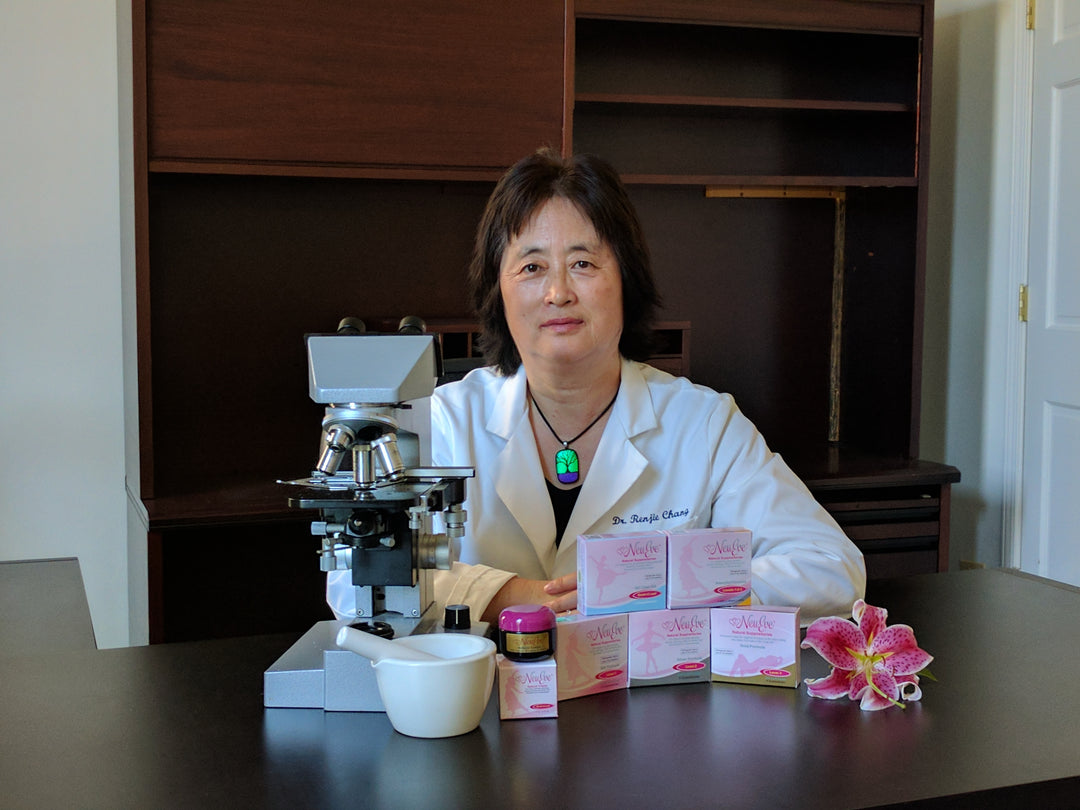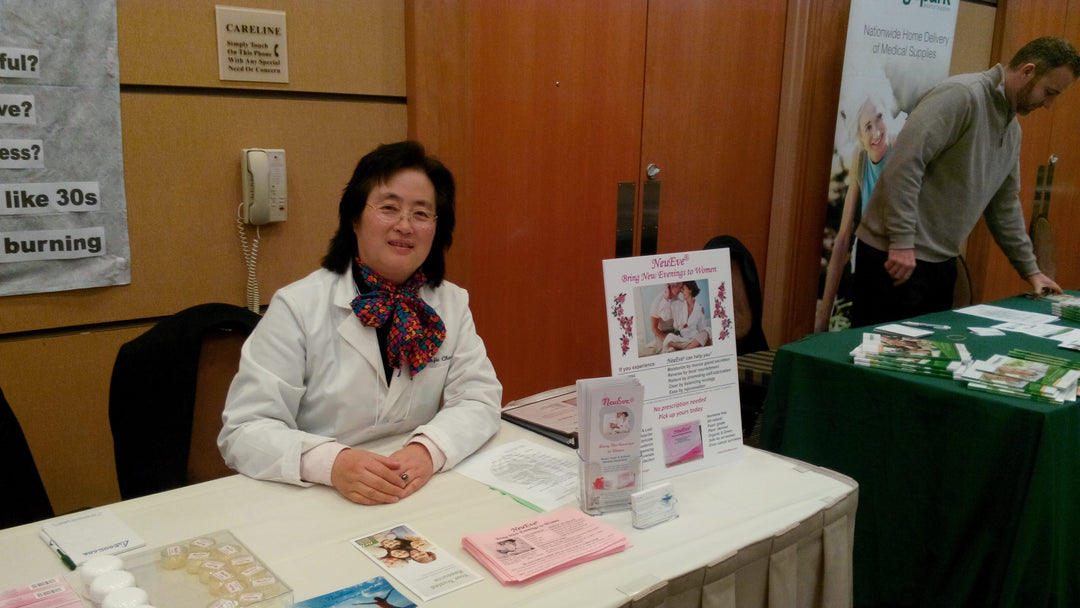HRT and Gallbladder Stones
If you or your immediate family members have had gallbladder stones, you're at higher risk due to genetic predisposition. Gallstones are hard particles in the gallbladder, typically made of cholesterol or bilirubin.

Hormone Replacement Therapy (HRT), involving estrogen and progesterone, can heighten gallstone risk by affecting bile cholesterol and gallbladder movement.
Given this family history, you might reconsider HRT and explore safer alternatives to manage menopausal symptoms.
Are gallbladder stones common in women?
Yes, gallbladder stones (gallstones) are more common in women than in men due to hormonal influences, with women being two to three times more likely to develop gallstones.
Factors such as pregnancy, hormonal birth control, and hormone replacement therapy (HRT) elevate the risk, as estrogen increases bile cholesterol and progesterone reduces gallbladder motility.
Additional risk factors include obesity, rapid weight loss, multiple pregnancies, and a family history of gallstones. Overall, 10-20% of adults in developed countries have gallstones, with higher rates observed in women.
What are risk factors for gallbladder stones?
Risk factors for gallbladder stones include genetic predispositions, lifestyle, and environmental factors. Genetics can influence gallstone risk, with certain genes affecting cholesterol and bilirubin metabolism, bile concentration, and gallbladder function. A family history of gallstones suggests a higher likelihood of developing them. Lifestyle factors also play a significant role, with high-fat, high-cholesterol, and low-fiber diets, obesity, rapid weight loss, and physical inactivity all increasing the risk of gallstones.
Other factors increasing gallstone risk include age, gender (with women at higher risk due to hormones), certain ethnicities like Native Americans and Mexican Americans, and the use of medications like estrogen. Given gallstones' multifactorial nature, those with a family history should adopt lifestyle changes, such as regular exercise, a healthy weight, and a diet low in cholesterol and high in fiber, to lower their risk.
Are gallbladder stones dangerous?
Gallbladder stones vary from asymptomatic to potentially dangerous, with complications including:
- Biliary Colic: Severe pain from a blocked bile flow, often after eating fatty foods, not usually life-threatening.
- Cholecystitis: Inflammation from a blocked cystic duct, requiring emergency treatment.
- Choledocholithiasis: Stones block the common bile duct, leading to jaundice and potentially infections.
- Cholangitis: Infection from bile duct blockage, needing immediate treatment.
- Pancreatitis: Inflammation of the pancreas from blocked ducts, which can be life-threatening.
- Gallbladder Cancer Risk: Chronic gallstones may increase cancer risk, though it's rare.

Individuals with symptoms or past complications should seek medical advice. Treatment options include medication, non-surgical procedures, or surgery, based on symptoms and overall health.
How do estrogen and progesterone promote gallbladder stones?
Estrogen promotes gallbladder stone formation, mainly cholesterol stones, by increasing cholesterol secretion into bile, reducing bile acid synthesis, and decreasing gallbladder motility. High estrogen situations, such as pregnancy, HRT, and oral contraceptive use, elevate gallstone risk. Managing and preventing gallstones involves understanding estrogen's role and adopting healthy lifestyle practices.

Progesterone also contributes to gallstone formation by reducing gallbladder motility, leading to bile stagnation and increased cholesterol concentration, which fosters stone development. This is particularly relevant during pregnancy and when using hormonal contraceptives or HRT containing progesterone or progestin.
Safer Alternative Methods to HRT
If you have a family history of gallbladder stones, caution is advised with Hormone Replacement Therapy (HRT). Estrogen and progesterone in HRT can elevate gallstone risk by increasing bile cholesterol and reducing gallbladder motility, as these hormones prompt the liver to release more cholesterol into the bile, leading to gallstone formation.

There are numerous non-hormonal methods and products available to manage menopausal symptoms, including nutritional supplements, natural treatment for vaginal dryness, and physical therapies.
NeuEve is hormone-free and is a safe premarin cream alternative for relieving vaginal dryness. It has helped over 100,000 women to find relief from severe vaginal dryness, including those with the most severe type of vaginal dryness caused by pelvic radiation.
Disclaimer: This article is for information purposes only. It is about natural products, nutrients, and/or methods for managing discomforts associated with menopause or aging (not a true infection or disease). It is not medical advice for the treatment of any diseases.














Leave a comment